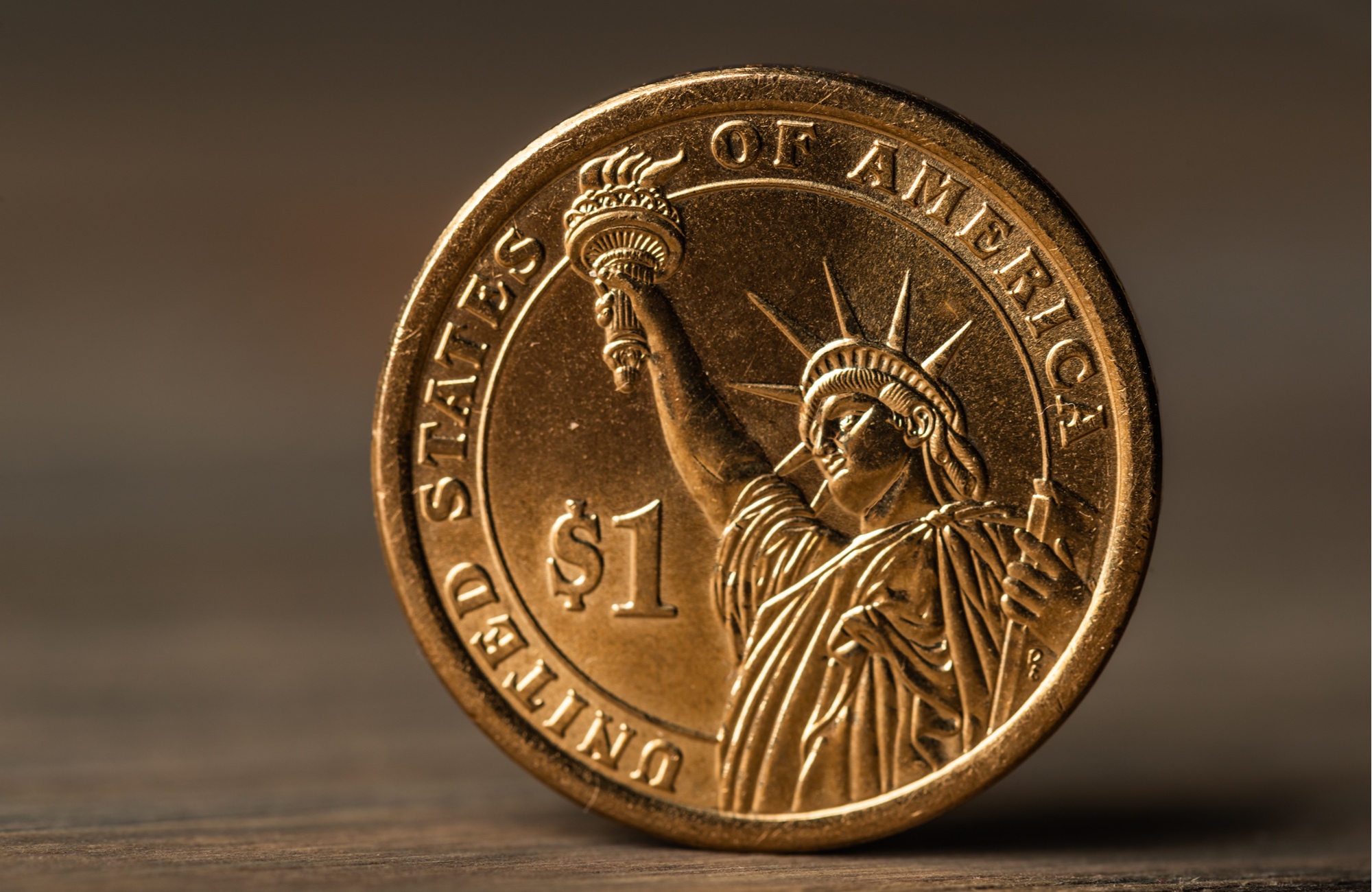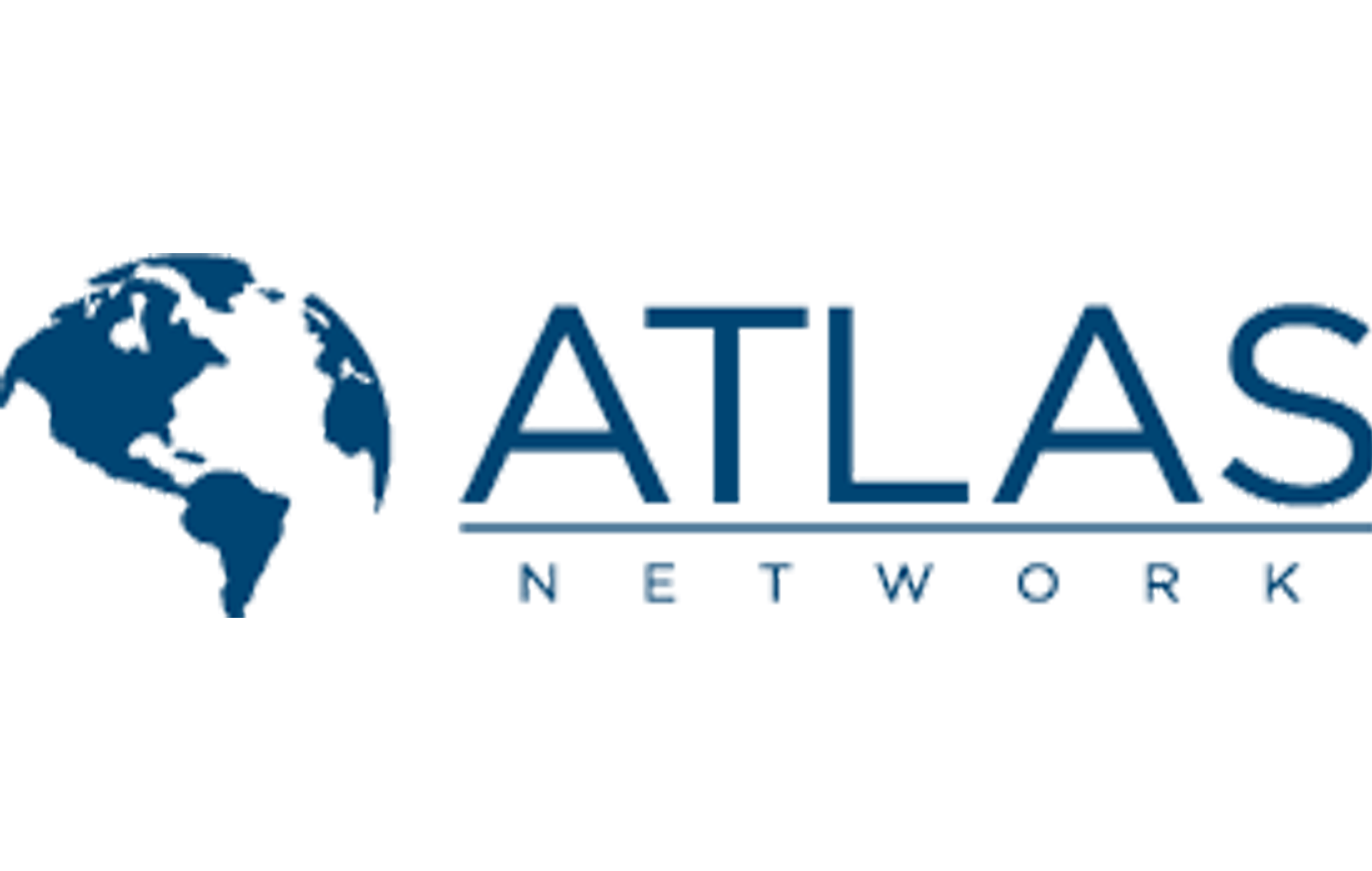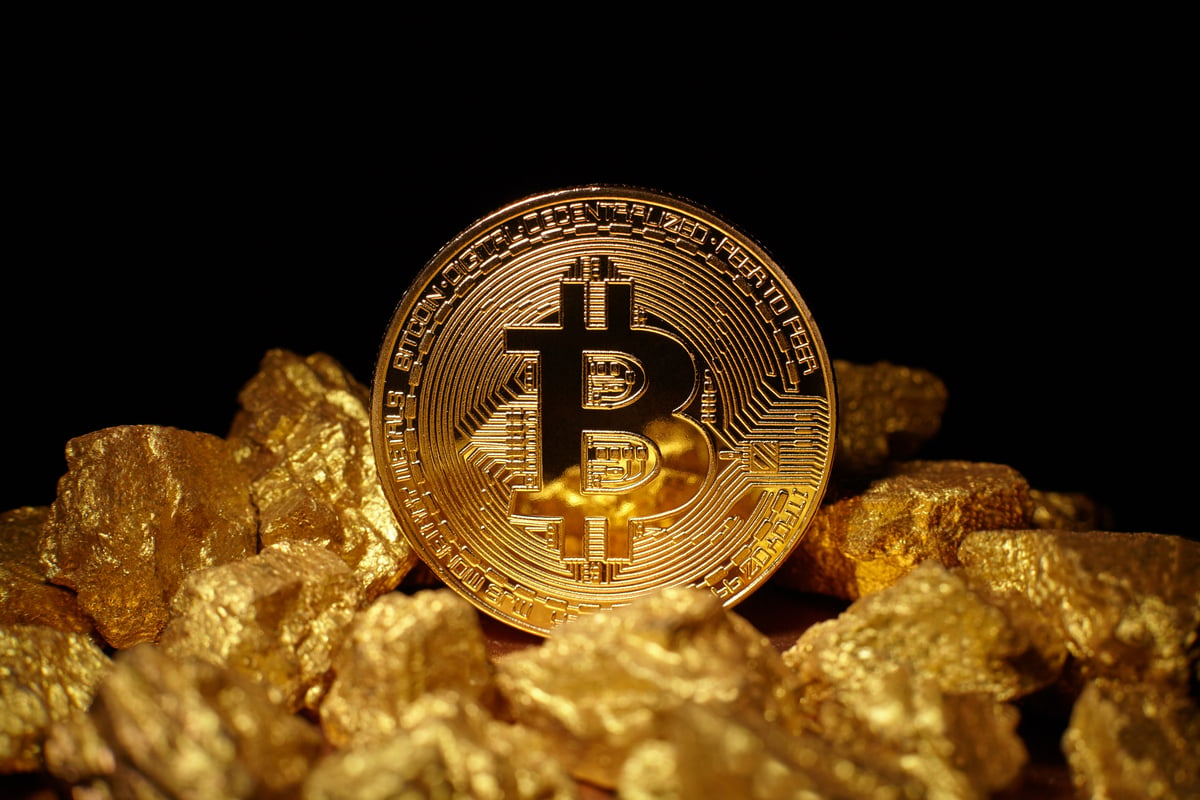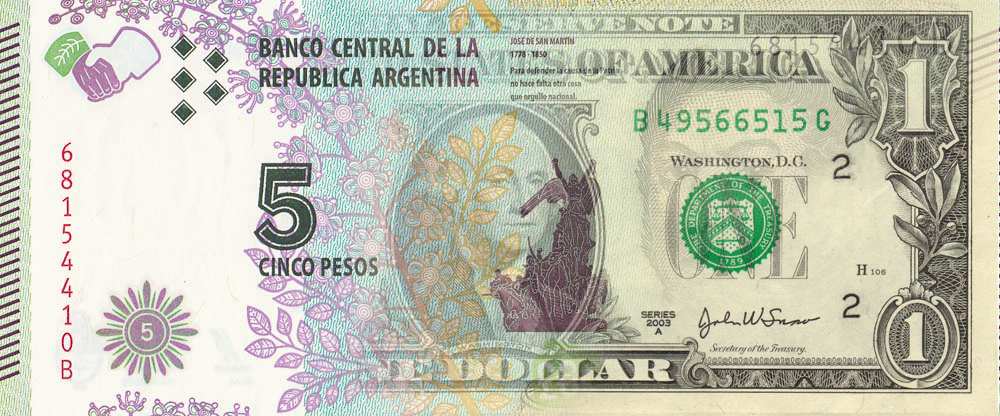Sound Money Project
The Sound Money Project was founded in January 2009 to conduct research and promote awareness about monetary stability and financial privacy. The project is comprised of leading academics and practitioners in money, banking, and macroeconomics.
It offers regular commentary and in-depth analysis on monetary policy, alternative monetary systems, financial markets regulation, cryptocurrencies, and the history of monetary and macroeconomic thought.
For the latest on sound money issues, subscribe to our working paper series and follow along on Twitter or Facebook.
Advisory Board: Steve H. Hanke, Jerry L. Jordan, Lawrence H. White
Director: William J. Luther
Senior Fellows: Nicolás Cachanosky, Gerald P. Dwyer, Joshua R. Hendrickson, Thomas L. Hogan, Gerald P. O’Driscoll, Jr., Alexander W. Salter
Fellows: J.P. Koning
|
David Stockman’s The Great Deformation: The Corruption of Capitalism in America
This book review originally appeared in the Cayman Financial Review For six years I’ve told audiences (and even more than a few social acquaintances who would listen) that the 2008-09 Global […]
|
Op-ed: Time to restore sanity to the world’s monetary system
Earlier this week, Dr. Judy Shelton published a piece in The Hill that shed light on one of the world’s most pressing, yet least discussed, issues: our global monetary system. Using […]
|
Op-ed: It’s time for millennials to reclaim money’s moral high ground
This morning in TownHall Finance, I made the claim that millennials must to reclaim money’s moral high ground. Young people today champion many causes- ranging from gun rights to school choice- but seem to […]
|
Announcing sound money research grant opportunities
Sound Money Research Grants “The economic and moral arguments for sound money” The Atlas Network is proud to sponsor a research grant opportunity for students, young faculty and policy experts who are […]
|
Announcing the sound money essay contest
Sound Money Essay Contest “The economic and moral arguments for sound money” The Atlas Network’s Sound Money Project is proud to sponsor an essay contest for students, young faculty and […]
|
Op-ed: The financial deregulation that never was
This piece was originally published by Forbes.com By Norbert Michel Why do I write so much about the myth that financial market deregulation caused the financial crisis? Because that false narrative has spread […]
|
The gold standard
Most modern advocates for a gold standard refer back to the international classical gold standard, which lasted from roughly 1870 to 1913. In addition to providing an endogenous money supply, the international gold standard enabled individuals from different countries to trade with one another in the absence of exchange rate risk because they were all…
|
Money and the rule of law
When people think of monetary economics, they tend to do so in the context of macroeconomics. The questions that are most often addressed have to do with the effects of particular […]
|
On cryptocurrencies
Cryptocurrencies are digital monies (or, potential monies) that rely on cryptography to keep transactions secure and govern the supply over time.
|
Why NGDP targeting?
One of the most important questions in the field of monetary economics is “what should a central bank do?” It is only after this question is answered that one can […]
|
Currency boards and dollarization
Sometimes sound money has to be imported from abroad. Some countries, like Ecuador, are dollarized. Ecuador dollarized its economy in the year 2000. Others countries don’t go that far, but […]
|
Commodity and commodity-backed currencies
A commodity money is an item that individuals consume (or otherwise make use of) that also functions as a commonly accepted medium of exchange.










